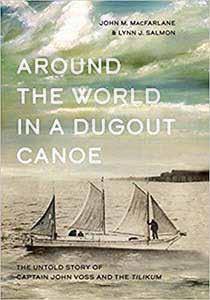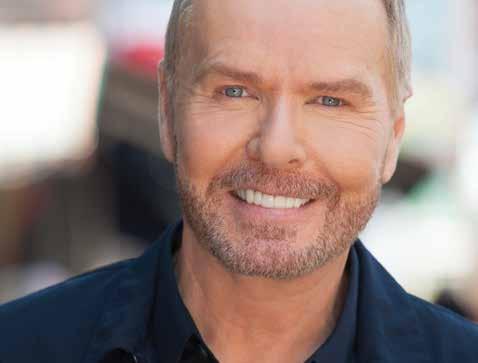ALUMNI PROFILE
JESSICA J. LEE The award-winning nonfiction writer joins us for a Q&A
JESSICA J. LEE, BA(Hons)’08, is a British-Canadian-Taiwanese author and environmental historian. Her memoir Two Trees Make a Forest was awarded the 2020 Hilary Weston Writers’ Trust Prize for Nonfiction, the top prize for nonfiction writing in Canada. The memoir was also awarded a spot on the shortlist for CBC Canada Reads 2021. We spoke with Jessica J. Lee about her creative journey so far. Jessica, congratulations! Two Trees Make a Forest is a memoir told through exploring your ancestral homeland of Taiwan. What made you want to tell this story? It’s a book that in some ways I’ve been wanting to write forever. Even back when I was at King’s, I was trying to write a novel which was a fictionalized version of my grandparents’ story. I could never really find my feet with it, so I just had this story in the back of my mind. After I had written my first book, Turning, I felt a little pressure to move onto my next book; but it was also at a point where I had been living in Berlin for a few years and
38
TIDINGS | WINTER 2021
I was feeling quite at home—but also quite sad. My German had gotten much better than my Mandarin ever was, my grandmother died, and I was feeling very disconnected to my mum’s side of the family and from the Taiwanese aspect of our heritage. It really crystallised for me in that period of time, so I decided to devote that energy into the book. The core narrative spans a three-month period that I spent in Taiwan, hiking and trying to chase down my grandparents’ story and trying to find a ‘muscle memory’ in the landscape. Your first book, Turning, is also based on a personal narrative and connection to nature—your account of swimming in 52 different lakes in one year. How did the inspiration for Turning come about? I did my PhD fieldwork with winter swimmers in England and I got really hooked on it. When I moved to Berlin, I discovered that the city was surrounded by thousands of lakes—there are 3000 in the region. Swimming became a practice that gave me a way to connect and get to know the place, and
to relate it intellectually to what I had been trained in—in doing so much landscape history and environmental philosophy. For me, being able to get out into the landscape and write about it and have the experience of connecting very physically really gave me some structure. I was still trying to finish my PhD at the time, so I was doing two or three days of writing the book and then two or three days on my dissertation, and that was the deciding year—either applying for postdocs and looking at tenure track or going all in to writing books. Can you articulate what it was that tipped you to favour 'all in'? I think I ended up committing to writing in a fairly organic way. I started by leaving enough time to really devote myself to promoting my first book—which ruled out taking on a full-time job for a while—and then, as time rolled on, I realised I had enough work and momentum to stay with it. I loved the day-to-day of being accountable to myself, sometimes travelling, sometimes







